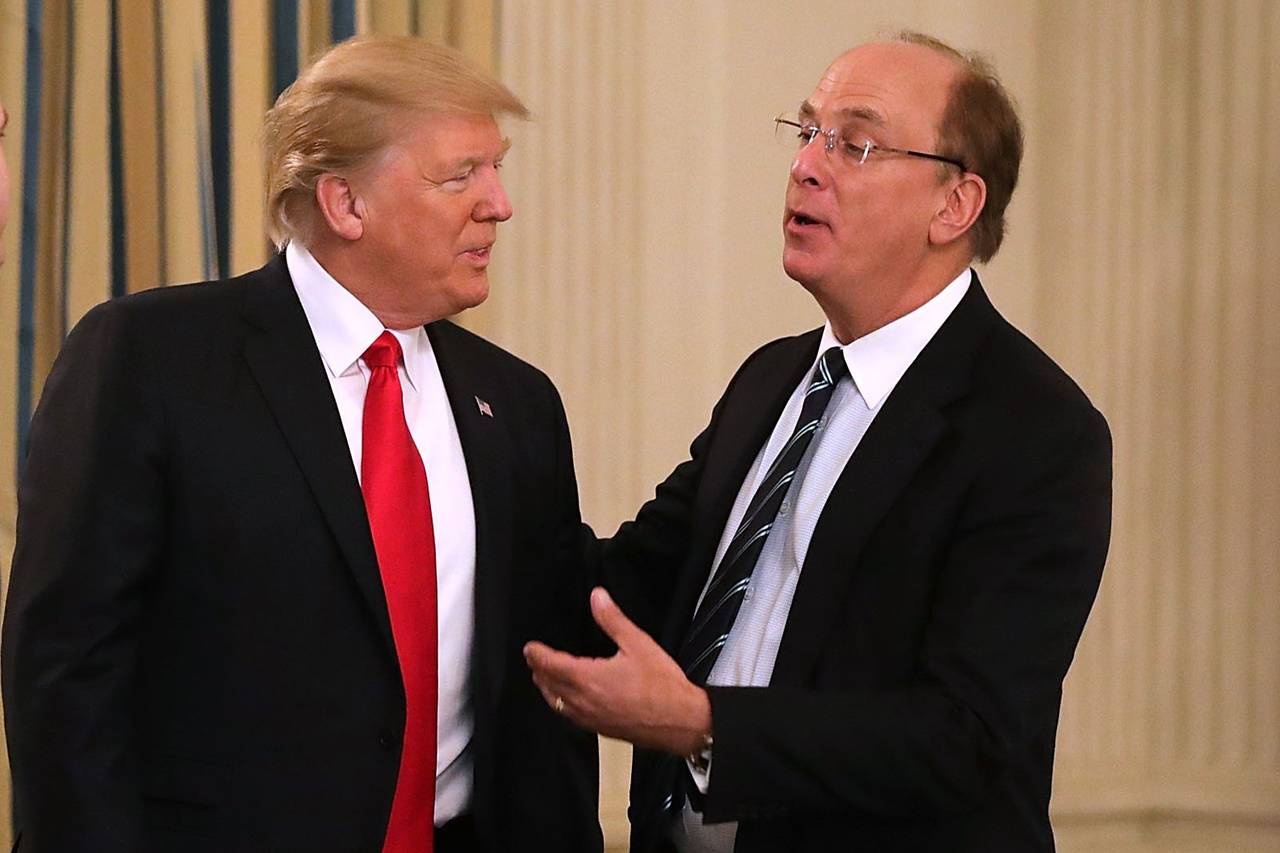CNBC analysts are shaking things up with a wild idea. They say the U.S. government should hold Bitcoin as a reserve currency. The speculation is that under a Trump administration, this might actually happen.
The analysts believe a Trump-led White House could consider moving Bitcoin from the Justice Department to the Treasury. And that could stabilize Bitcoin’s price and increase its value as a reserve asset.
Trump has shown a lot of love for Bitcoin, so who knows? He just might.
We all know that Bitcoin is a big deal when it comes to protecting against inflation. Unlike fiat currencies, which can be printed like there’s no tomorrow, Bitcoin has a fixed supply of 21 million pieces. This scarcity means Bitcoin can’t be devalued by just printing more.
But the US dollar, the inferior currency, often faces inflation, especially during big money-printing periods. Remember the COVID-19 pandemic when the U.S. pumped about $4 trillion into the economy?
That kind of move breaks the dollar, but Bitcoin stays rock solid. The crypto diva runs on a decentralized network. No single entity, like a central bank or government, controls it. This decentralization cuts the risk of mismanagement and corruption.
Now if America adopts Bitcoin as a reserve currency, it’d be decentralizing its monetary power, making its financial system way more stable and transparent.
It fits the principles of sound money, which isn’t easily manipulated by governments or banks and corporations. For everyday Americans, Bitcoin offers a shield for their savings against government mismanagement and inflation.

This is important for hourly workers and retirees on fixed incomes who suffer the most from rising prices. Younger Americans, facing the long-term effects of national debt, can find stability in Bitcoin as a store of value.
By holding Bitcoin, they can protect their future from an inflated dollar’s pitfalls. Let’s face it. With the way things are going, Bitcoin is a strategic economic opportunity for the U.S.
And it’d give it an edge in the economic war going on with China and other top economies with centralized financial models like. But adopting Bitcoin as a reserve currency isn’t a walk in the park.

First, liquidity is a big deal. The dollar is the most liquid currency globally, with about $7.2 trillion in reserves. Bitcoin needs a much larger market cap and liquidity to replace the dollar as a reserve currency.
Second, we need a supportive regulatory framework. Policymakers must avoid restrictive measures like capital controls, which could erode confidence in the U.S. financial system. Since Trump has said he hates CBDCs, we don’t have to worry about that destabilizing things.





